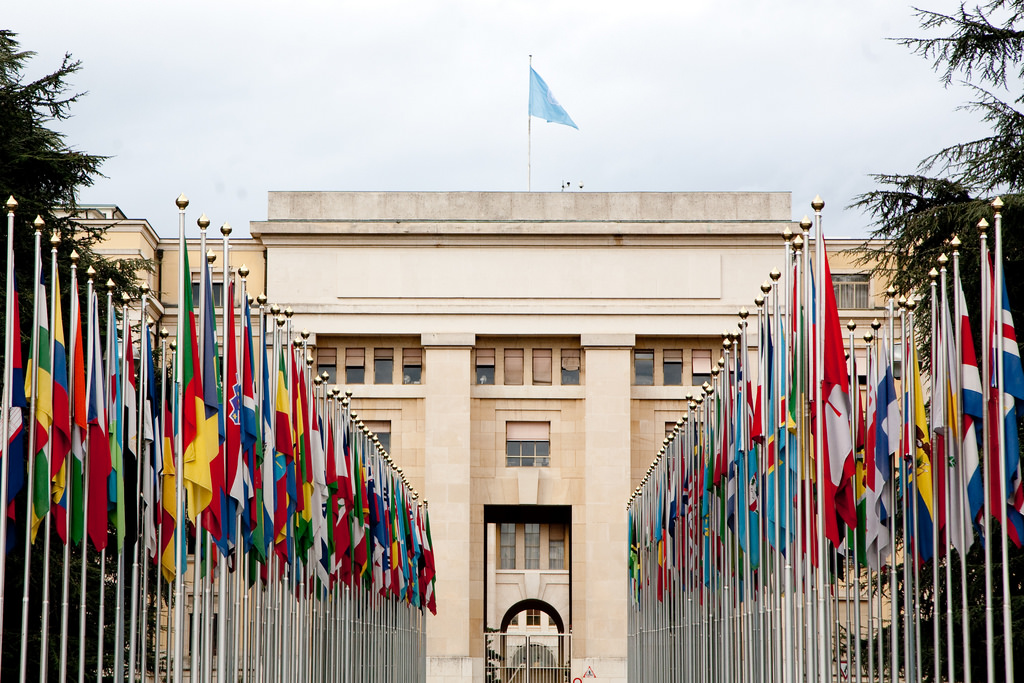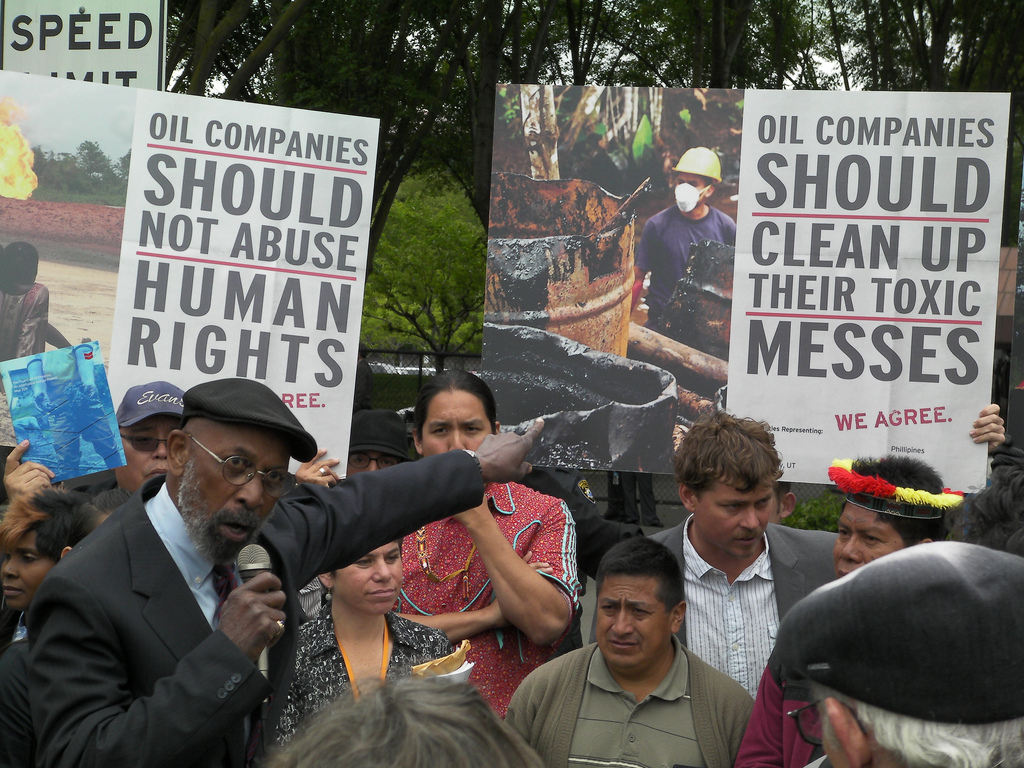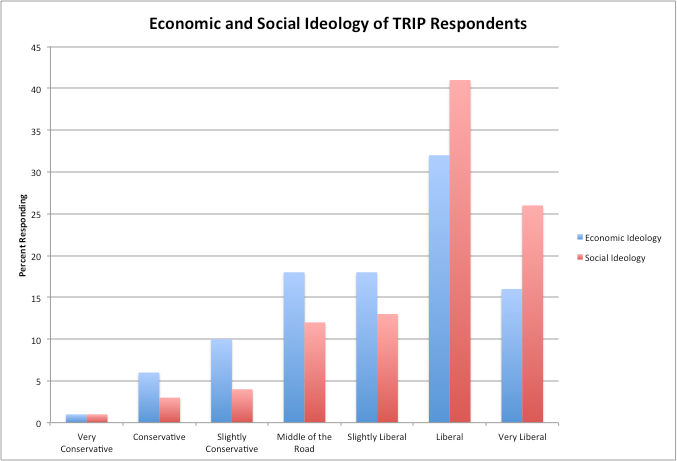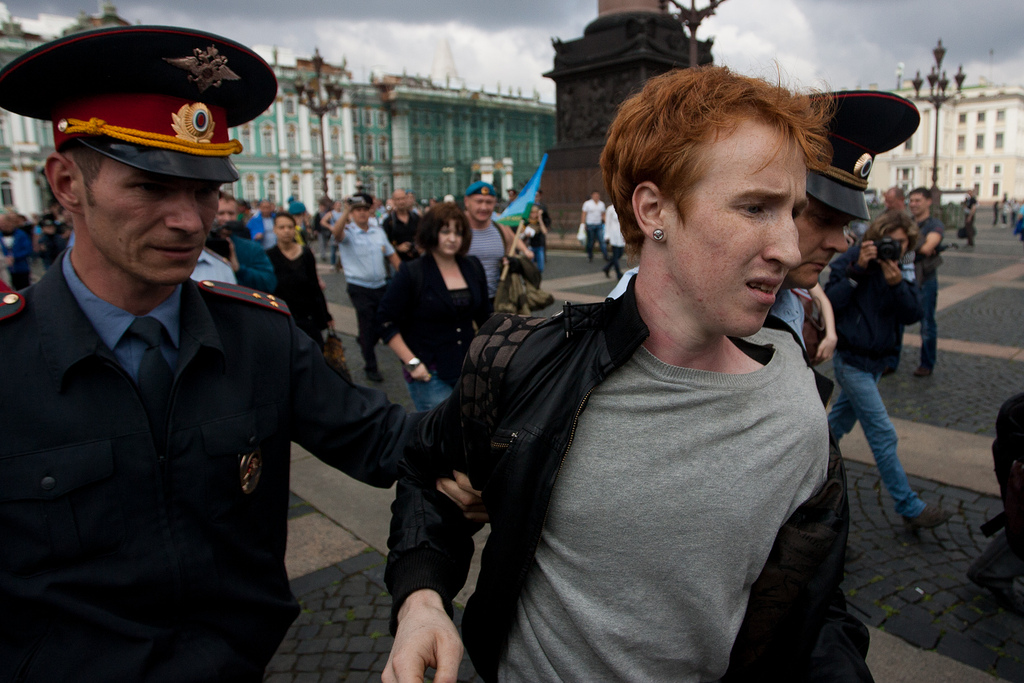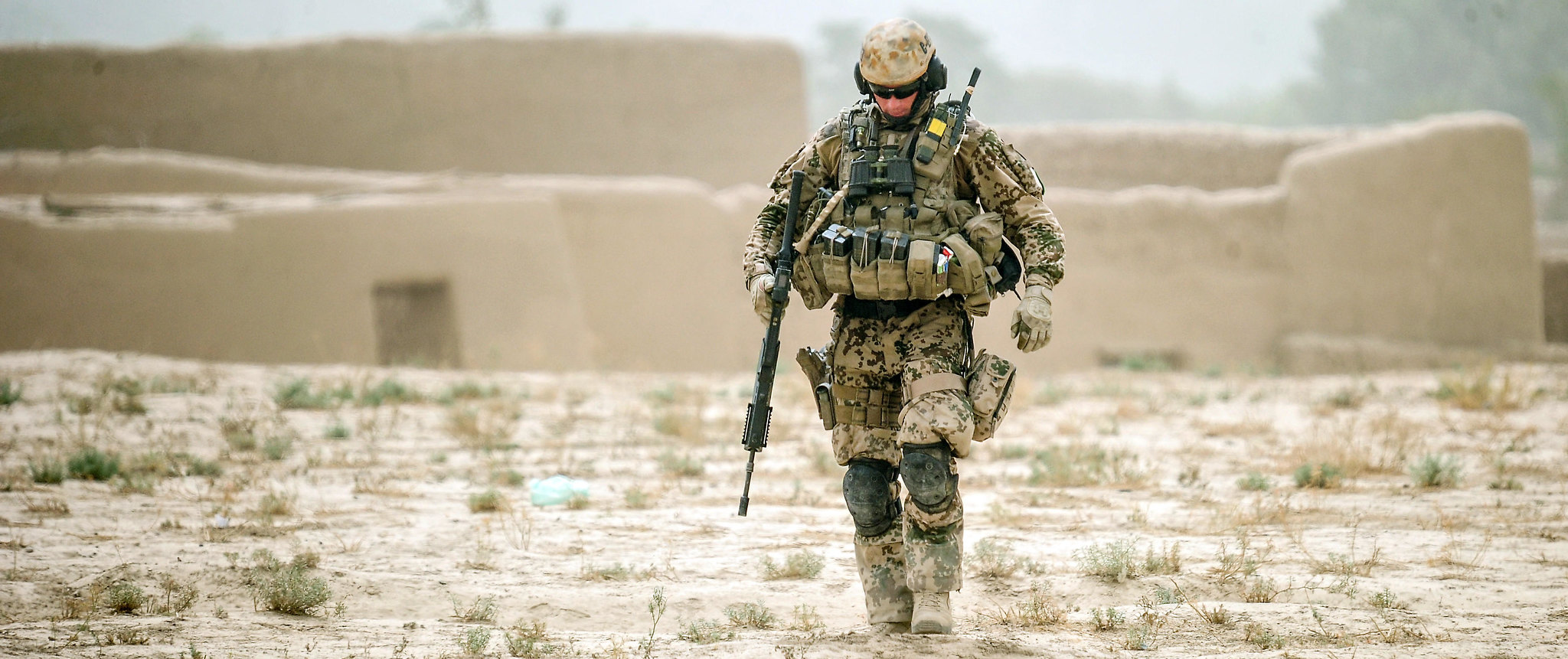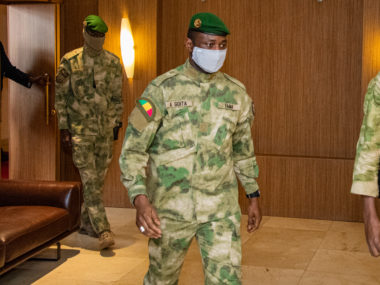By Deborah Avant for Denver Dialogues.
Talk of crisis in the liberal order is ubiquitous. The conversation is markedly different, however, among those who study American politics — as compared to their comparative or IR counterparts. Betting that a conversation among these varied perspectives could be useful, the University of Denver’s Sié Chéou-Kang Center for International Security and Diplomacy, Colorado European Center of Excellence, and Center on American Politics joined forces with the Center for Strategic and International Studies to host scholars and practitioners from the US and Europe at the Josef Korbel School of International Studies for a two-day conference. Our bet paid off with an unusually interesting set of exchanges that revealed some consensus, some disagreements, and some confusion. I’ll highlight one of each.
One dramatic point of consensus? The role of race. Perhaps this should not come as a surprise in the week that former White House advisor Steve Bannon encouraged France’s Natioanl Front party to embrace the badge of racism. Nonetheless, Americanists (Julia Azari), Comparativists (Martin Rhodes), and International Relations scholars (Dan Nexon) all highlighted race as a central element in the current crisis of liberalism in the US, Europe, and the world. All agreed that race was far from new. It has deep roots in American politics and the presidency. According to Julia Azari, Trump is not the first white president – as Ta-Nehisi Coates argues – but the third (following in the footsteps of Andrew Johnson and Richard Nixon). Rhodes argued that references to populism across the US and Europe papers over what is actually extremist ethno-nationalism emitting a racialized agenda very much like its fascist predecessors. And Nexon drew on Jeet Heer, claiming that Trump’s activation of racial cleavages is only the latest mutation of appeals in the US (the political power of race, btw, is just what Christopher Parker’s tracking before and during the 2016 election showed).
There was a surprising level of disagreement, though, about the role of economic disadvantage due to globalization in the crisis. IR scholar Jeff Colgan suggested that international cooperation is mainly to benefit the rich; that “liberalism” has been captured by the global capitalist class. Zsolt Boda argued that the issue may be more inequality (which has a pernicious effect on economic growth, social cohesion, and trust) than economic disadvantage per se. Even the cause of inequality was contested. While Jeff Colgan assumed it was capture by the capitalist class, David Ciepley argued it stemmed from changes in corporate governance (the elevation of shareholders relative to other relevant stakeholders). Americanists looked largely to race (in combination with either upset in the racial order – Azari – or a dysfunctional party playing hardball – Bernstein) to explain the crisis in the US. Some comparativists saw a role for economic disadvantage: the 2008 financial crisis was an opening for far-right populists to tar the EU as a failure according to Milada Vachudova, and demonize refugees and migrants. Others, like Anna Grzymala-Busse, saw a much greater problem in mainstream parties that were increasingly out of tune with popular concerns, which created opportunities for right-wing populists. Most agreed that regardless of whether inequality caused any part of the current crisis, extreme right wing populist movements could intensify inequality in many countries. It could also, given dynamics in the US under Trump and his connections with other right wing leaders, open the way for globalized kleptocracy.
Finally, the discussion revealed different ideas about just what liberalism is and thus what the crisis threatens. Is it an internal model of political and social order emphasizing democratic institutions, markets, and individual rights? An international order based on multi-lateral rules? An international order facilitating free trade and economic integration? An international order built around commitments to human rights? Was it hijacked by neoliberalism – and, if so, are we better off without it? Was it, as Tom Pepinsky asked, ever really there in the first place? Perhaps, as Ilene Grabel pointed out, we are experiencing an incoherent moment with both democratic backsliding and growing social movements and mobilization. Stephanie Hofmann agreed that multiple multilateral forums can simultaneously challenge legitimacy and give voice and opportunity to others in ways that enhance inclusion. Heather Hurburt suggested we may be better off if we stopped talking about the liberal order’s crisis overall and started focusing on specific concerns.
The upshot? Interaction among scholars from different sub-fields can push us to see variables that appear central in many places (like racialized interactions), those whose impact is more scattered or conditional (like economic disadvantage), and can push us to more careful, nuanced specification of what our concerns are. There was also widespread uncertainty about the best way out of the crisis, so more nuanced analyses may also yield the most productive action for now: steps to push for targeted concerns or solve particular problems until a clearer path is visible.

